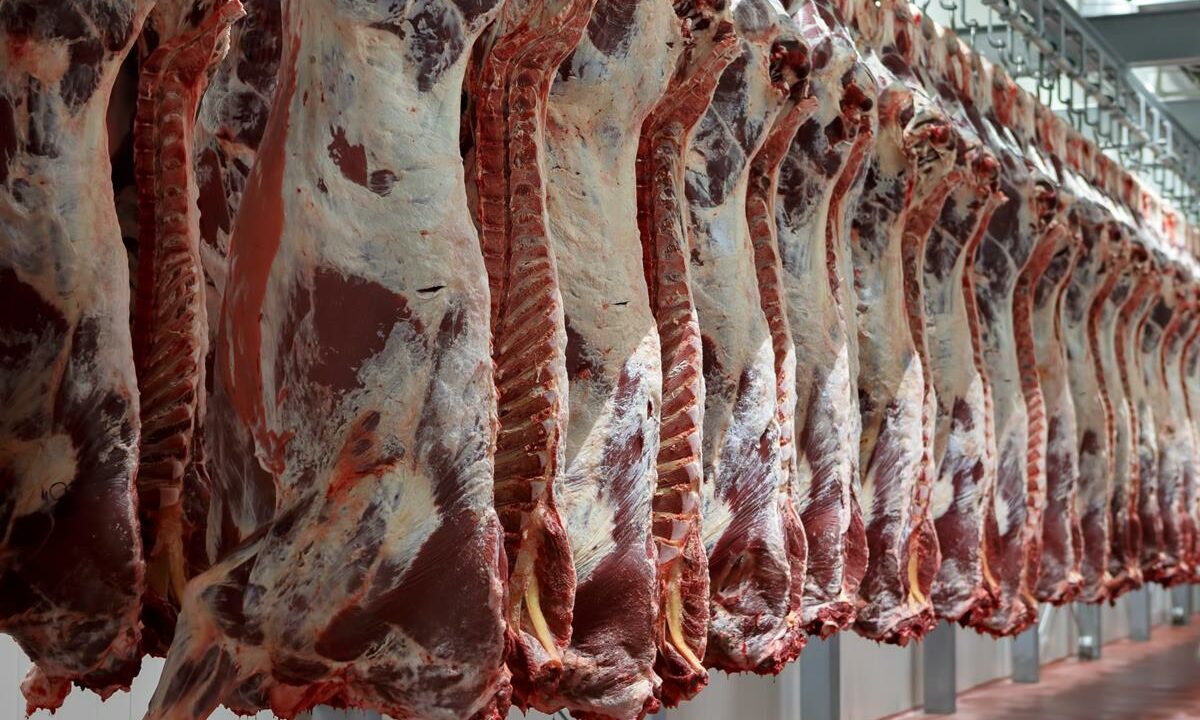Automated meat grading machines were found to be inaccurate on eight occasions during Department of Agriculture inspections in Irish meat plants last year, according to Minister for Agriculture, Food and the Marine Michael Creed.
A further 13 such incidents were recorded in 2017, the minister added.
Minister Creed was responding to a parliamentary question from independent TD for Galway-Roscommon Michael Fitzmaurice in the Dail earlier this week, who asked if no issues arose in classification and carcass presentation during on-the-spot department inspections in the past three years.
The minister said: “In 2018, my department conducted almost 550 unannounced, on-the-spot inspections in 32 factories on classification and carcass presentation.”
“At each inspection an average of 85 carcasses were inspected for correct classification and carcass presentation. The legal requirement is 40 carcasses per inspection.
“The unannounced checks verify the ongoing accuracy of the automated beef grading methods by using a system of points and limits defined in EU legislation.
“The mechanical classification method must operate within legally defined tolerances at all times.
When any mechanical system is found to be working outside of these tolerances, the meat plants concerned are instructed to revert to manual grading. There were eight such occurrences in 2018 and 13 in 2017.
“Farmers are advised through their remittance dockets where manual grading is applied.”
The minister also commented on carcass presentation in 2018, noting that a total of 19 fines had been issued for non-compliance, referring to the excessive carcass trimming controversy towards the end of last year.
A total of 28 fines were issued for non-compliances in 2016, while there were no fines issued in the intervening year.
“A concerted campaign by the Department of Agriculture, Food and the Marine, with the co-operation of Meat Industry Ireland, took place in that year to raise awareness of the standard of presentation and the requirements for carcass dressing,” the minister said.
